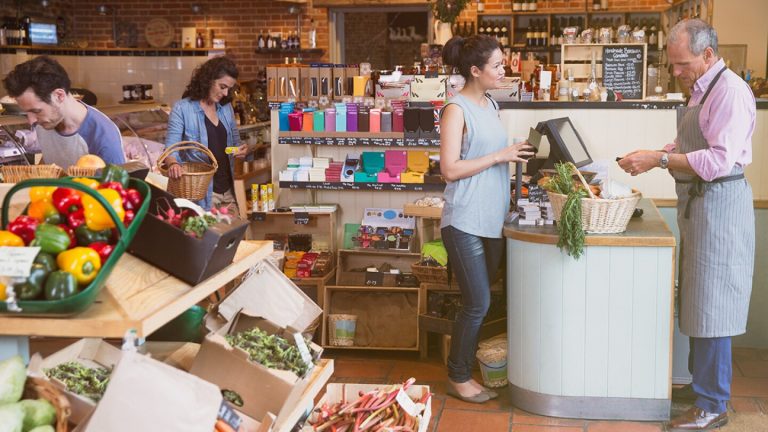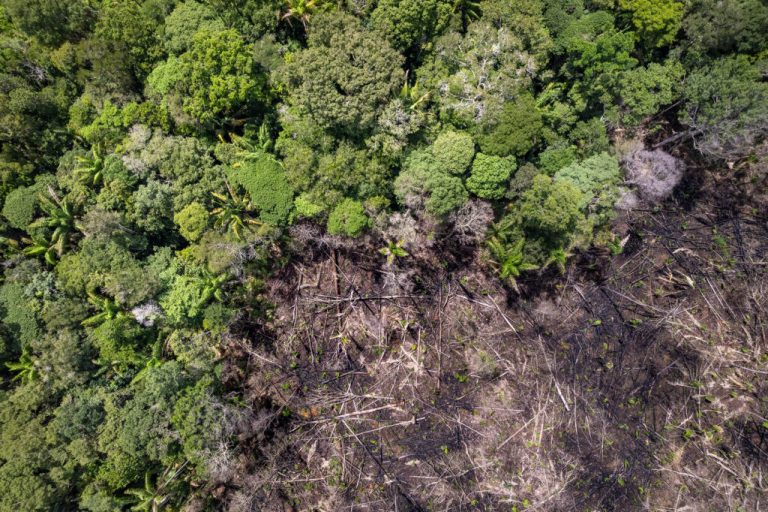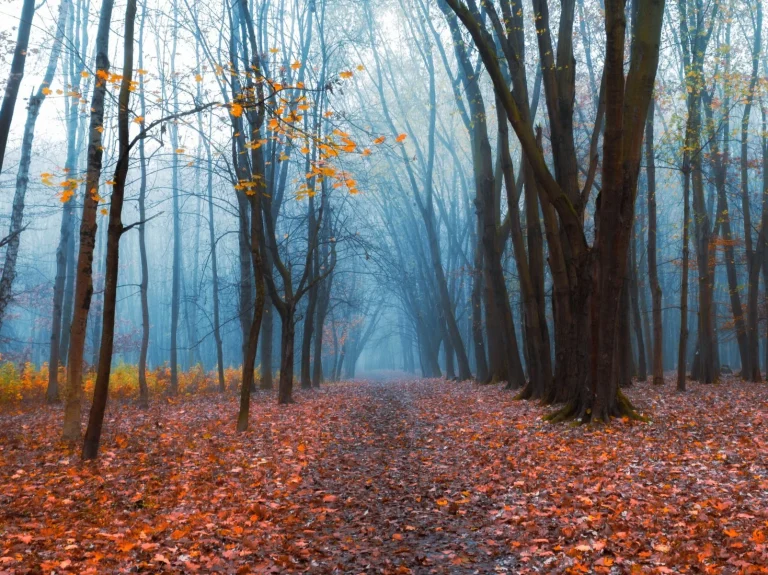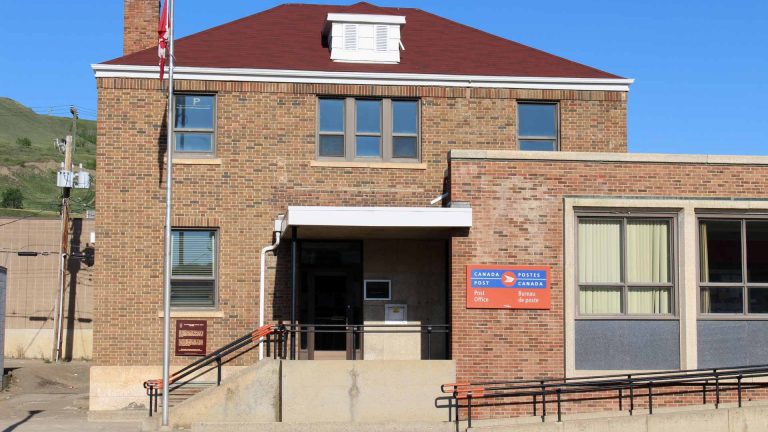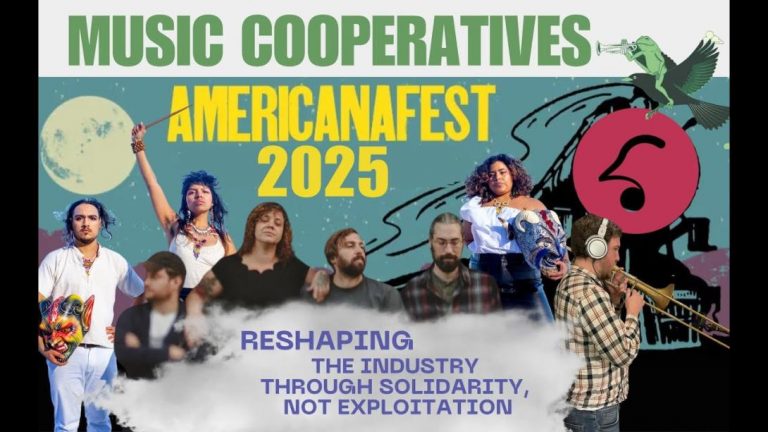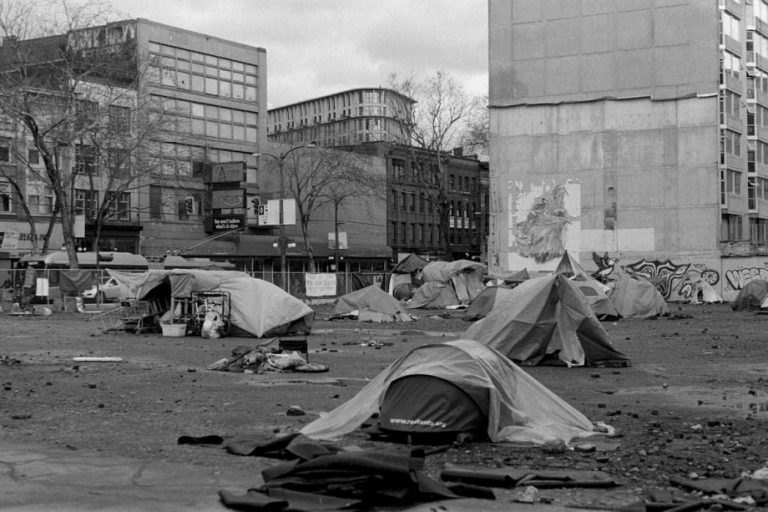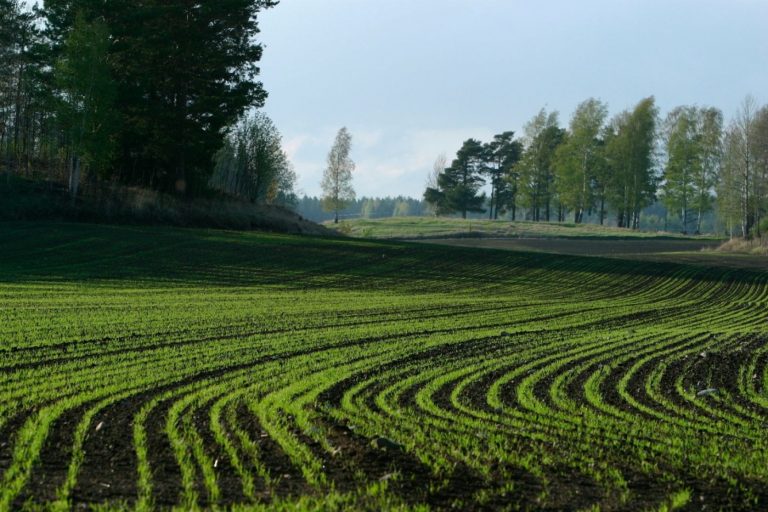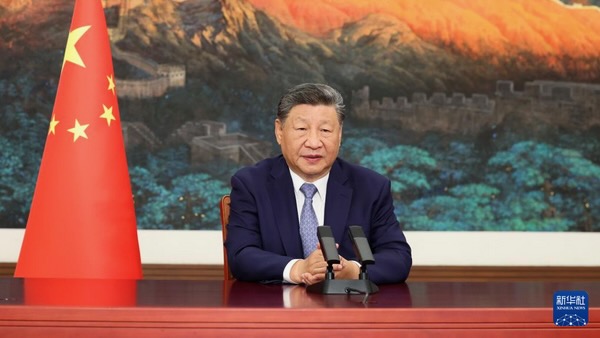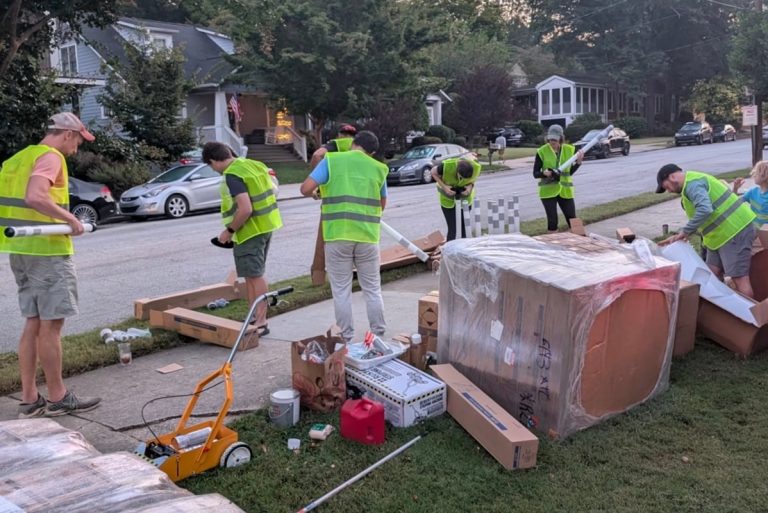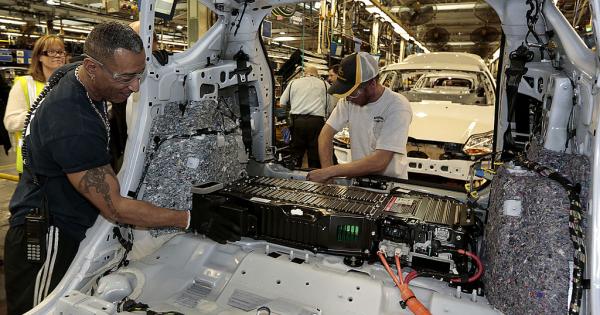Create!
![]() Along with direct action and other forms of resistance, a transformational movement must also have a constructive program that builds new institutions based on the values that the movement aspires to achieve. These may eventually replace the old systems. From small, worker-owned cooperatives to national advocacy groups, hundreds of thousands of people around the country are working to create democratic and sustainable systems that meet the basic needs of all people.
Along with direct action and other forms of resistance, a transformational movement must also have a constructive program that builds new institutions based on the values that the movement aspires to achieve. These may eventually replace the old systems. From small, worker-owned cooperatives to national advocacy groups, hundreds of thousands of people around the country are working to create democratic and sustainable systems that meet the basic needs of all people.
As 2025 marks the United Nations’ International Year of Cooperatives, communities across the U.S. are spotlighting how cooperative models can sustain local economies and strengthen food systems. That mission was front and center during a recent Rural Grocery Initiative webinar that unveiled findings from a two-year project on local sourcing in rural grocery stores.
Led by Rial Carver, program director for RGI at Kansas State University, the project was designed to identify innovative ways to help small-town grocers connect with local producers — and, in doing so, keep grocery access alive in communities often bypassed by large retail chains.
“Rural grocery stores are anchor institutions,” Carver says in an RGI webinar. “Without them, communities lose out on economic, health and cultural benefits.”
Brazil’s Co-Ops Have Big Asks Ahead Of COP30
October 12, 2025
Anca Voinea, Co-operative News.
Create!
Brazil, climate crisis, Cooperatives, COP30, Sustainability
With the UN Climate Change Conference (COP30) taking place in Belém, Brazil, in November, the country’s co-op movement is trying to boost its presence in climate discussions and reaffirm its commitment to sustainable development.
Co-ops are key players in Brazil, accounting for 75% of wheat, 55% of coffee, 53% of corn, 52% of soybeans, 50% of pigs, 46% of milk and 43% of beans produced. The nation’s 4,500 co-ops represent 23 million members.
In March, the Brazilian Cooperative Organisation (OCB) published a COP30 Manifesto, after a series of conversations with member organisations and co-op leaders which started at the 15th Brazilian Cooperative Congress in 2024.
An Environmental Triumph 400 Million Years In The Making
Each planting season, Claudia Bashian-Victoroff ventures out into Bole Woods, a 70-acre old-growth forest on the outskirts of Holden Forests & Gardens in the Cleveland suburbs, in search of fungi. But as she navigates the sugar maples, chestnut oaks, American beech and western red cedar that tower overhead, she focuses not on the forest floor but on what lies beneath.
Kneeling beside a stand of maples, she clears away the leaf litter to reveal the topsoil and digs up the first few inches, where the vast majority of soil microbes are active.
Postal Banking Once Made Canada Post Profitable
October 6, 2025
Linda McQuaig, Rabble.
Create!
Austerity, Canada, Postal Banking, Postal Service, Strikes
Mark Carney clearly loves a nation-building project — as long as it’s wildly expensive and is pleasing to corporate interests.
That seems to be the takeaway from the prime minister’s decision last week to largely abandon Canada Post, an institution with a vast network of 5,900 outlets across the country that’s been tying Canada together since Confederation.
In recent years, Canada Post has lost large amounts of money and is currently in the midst of a strike by postal workers. Carney’s response is to effectively gut it, ending door-to-door mail delivery (where it still exists) and resuming the closure of post offices across the country.
Reshaping The Music Industry Through Solidarity
The music industry doesn’t have to be exploitative. What if artists owned the platforms we depend on? What if musicians shared resources, power, and profits—together?
Recorded live at AmericanaFest 2025, this panel explores how music cooperatives are reshaping the industry through solidarity, not exploitation. We discuss:
Why artists need alternatives to Spotify and corporate streaming.
How cooperatives create sustainable careers for musicians.
Building movements rooted in community, equity, and ownership.
This conversation is just the beginning. Together, we can build the music industry we actually want to exist in.
How Cities Are Reimagining Shelter For People Who Are Homeless
Shelters are one of the most contentious topics in the homeless services sector, but a new crop of models seeks to change that paradigm.
Homeless shelters have long been criticized as a means of warehousing people who are homeless rather than providing them with a pathway to stable housing. Some unhoused folks have said they experienced violence, sexual abuse and other traumatizing experiences while in shelters. Some advocates have also chided the traditional shelter model for creating high-barrier, treatment-first programs that exclude more unhoused folks than they help.
“Everybody who became unhoused experienced some kind of trauma, and then by the time they get to the shelter, they’ve experienced multiple additional traumas and mental illness challenges – all those kinds of things that happen when someone is homeless,” says Lena Miller.
Opening Up Space
October 5, 2025
Gwen Frisbie-Fulton, Working Class Stories.
Create!
Austerity, Community, Mutual Aid, Public Spaces
“He said ‘just don’t touch my workshop,’” says Sheurle Klingsmith, smiling at her husband, Kirk. “But then one day, he moved his tools out so we could go ahead.”
“That’s not exactly how I remember it,” Kirk laughs good-naturedly.
Today, Kirk’s tools are pushed back against the wall, and the rest of the space is filled with tables and chairs, art and art supplies. Paintings hang on every wall, and illustrations, beadwork, fabric art, and even chainsaw art are displayed throughout the room. Gesturing to a black bear carved out of a log done by DC Carvings, Sheurle says: “This gentleman was selling his work on the side of the road, so of course I circled back and asked him if he wanted to display some pieces here.”
Her eyes scan the room: “There’s a mountain of creativity and talent in this town, but no place to show it.”
How A Fed Overhaul Could Eliminate The Federal Debt Crisis, Part I
October 4, 2025
Ellen Brown, Scheer Post.
Create!
Big Banks, Federal Debt, Quantitative Easing, Treasury
The Federal Reserve’s independence is currently being challenged by political forces seeking to reshape its mandate. The Fed has not always been independent of Congress and the Treasury. Its independence was formalized only in 1951, with a Treasury-Federal Reserve Accord that was not a law but a policy agreement redefining the relationship of the parties. In the 1930s and 1940s, before the Fed officially became “independent,” it worked with the federal government to fund the most productive period in our country’s history. We can and should do that again.
In a Sept. 1 Substack post titled “Fed Faces Biggest Direct Challenge by a President Since JFK – and This Is a Good Thing,” UK Prof. Richard Werner shows that there is no evidence that more independent central banks deliver lower inflation.
From Capital To Commons: A Review
September 30, 2025
Bernard Marszalek, Grassroots Economic Organizing.
Create!
Capitalism, Decentralization, Energy, The Commons
Environmental news, paradoxically, approaches banality as every day a new horror finds resonance in the media we consume and which consumes us. These daily reports enervate us and lead to resignation. Is our passivity the intention? If we refuse to be immobilized, how do we find a route out of our misery?
We don’t suffer from a lack of proffered paths for our “engagement.” A multiplicity of them pursue our attention, many illusory, and often provided as a service for a “slight fee.” In frustration, and as a kind of therapy, the most committed rush to clean a beach, while mostly we sign online petitions, or make donations to allay the futility we feel.
The complexity of our ecological predicament, when we are methodically informed, clarifies matters.
What It Takes To Keep Kentucky’s Black-Led Farms Alive
September 29, 2025
Anabel Peterman, Next City.
Create!
Black America, Black Farmers, Farmers, Kentucky
Near the eastern edge of Fayette County, Kentucky, sits the Coleman Crest Farm in the rural Black hamlet of Uttingertown. That’s where Jim Coleman works the land his great-grandfather tilled as an enslaved person — until he secured his freedom by fighting in the Civil War and returning to purchase the farm more than 130 years ago.
Now, Coleman is continuing his family’s farming legacy, but not because it’s easy work.
“Yesterday, I was pulling up mulch,” Coleman says, in between administrative calls. “I had harvested hard the day before. Did a little bit of harvesting [yesterday], invoiced it, packaged it, put it in the case, put it in my truck, drove to my customer, and delivered.”
Coleman’s 13-acre plot is one of few in the county – and in Kentucky – that’s still Black- owned and operated. And among all farmers, the sheer volume of farmland has fallen, statewide and nationwide.
China Announces Up To 10% Reduction In Greenhouse Gas Emissions By 2035
September 28, 2025
Abdul Rahman, People's Dispatch.
Create!
China, climate crisis, COP30, greenhouse gases
China declared it will voluntarily reduce its economy-wide greenhouse gas emissions by 7% to 10% from its peak level by 2035, in its attempts to fulfill the requirements of the Paris Agreement. It asked other countries to also “step up actions to realize the beautiful vision of harmony between man and nature and preserve planet earth.”
The announcement was made by Chinese President Xi Jinping during his virtual address to the United Nations Climate Summit, which was held alongside the ongoing UNGA summit in New York on Wednesday, September 24.
The summit was hosted by UN Secretary General António Guterres along with Brazilian President Luis Inacio Lula da Silva.
Brazil is the host of the next COP30 conference in November.
Residents Built A $10,000 Bike Lane In Atlanta
In 2020, city planning and transportation officials in Atlanta launched a tactical urbanism program to enable neighborhood groups to lead and fund alternative street design and safety changes through low-cost, temporary interventions.
“These projects are often used to advance longer-term goals related to street safety and the design of public spaces,” the city explains in its tactical urbanism guide. “Tactical urbanism is temporary in nature, using tactical materials while demonstrating the potential of long-term change.”
The 20th project under this initiative was just completed: turning street parking on one side of Virgina Avenue NE into a pop-up, protected, two-way bike lane, connecting a local high school and elementary school.
Make Trains Great Again For The Sake Of People And The Planet
What if there were a technology that could help to reduce greenhouse-gas emissions, air pollution and environmental degradation, while improving health, reducing social inequality and boosting economic growth? There is, and this month it turns 200. The opening of the Stockton and Darlington Railway in northeast England on 27 September 1825 is generally considered to be the birth of the modern railway — an event that set in motion a revolution in human mobility and social organization.
Initially, the railways enjoyed breakneck expansion, but since the mid-twentieth century, railway development in most countries has hit the buffers, and been overtaken by growth in road and air travel.
Could A ‘Maximum Wage’ Combat Billionaire Power?
September 24, 2025
Celeste Pepitone-Nahas, In These Times.
Create!
Billionaires, Finance and the Economy, Maximum Wage, wealth inequality
In the first year of President Donald Trump’s second term, the power of the extremely wealthy over public policy has never been more evident. As Sen. Bernie Sanders (I-Vt.) has asserted, “Trump has… said it loudly and clearly: we are a government of billionaires.” The troubling extent to which we are ruled by the rich is hardly debatable. The real question is: what can we do about it?
One solution that has been proposed in the past is implementing a “maximum wage.” Such a cap would limit the amount any individual can earn over a given period.
There are a couple different ways that this limit could be accomplished. One way would be to use tax policy: We could simply levy a 100% tax rate on income over a particular level. President Franklin Delano Roosevelt proposed such a measure during his administration in the 1940s.
The UAW Has A Vision For Green Industrial Policy In California
A consensus is emerging across the political spectrum around the need for industrial policy. Whether in the form of the CHIPS and Science Act and the Inflation Reduction Act under Joe Biden in 2022 or the haphazard tariff policy of Donald Trump implemented earlier this year, political leaders on both sides of the aisle are clearly searching for answers regarding how to revive the United States’s flagging manufacturing base.
While the Trump administration places a lot of rhetorical emphasis on bringing back industrial jobs, its policies so far have displayed a profound lack of seriousness or coherence. Trump’s tariffs have not been focused on strategic industries or paired with the investment and planning required to make jobs actually materialize.

